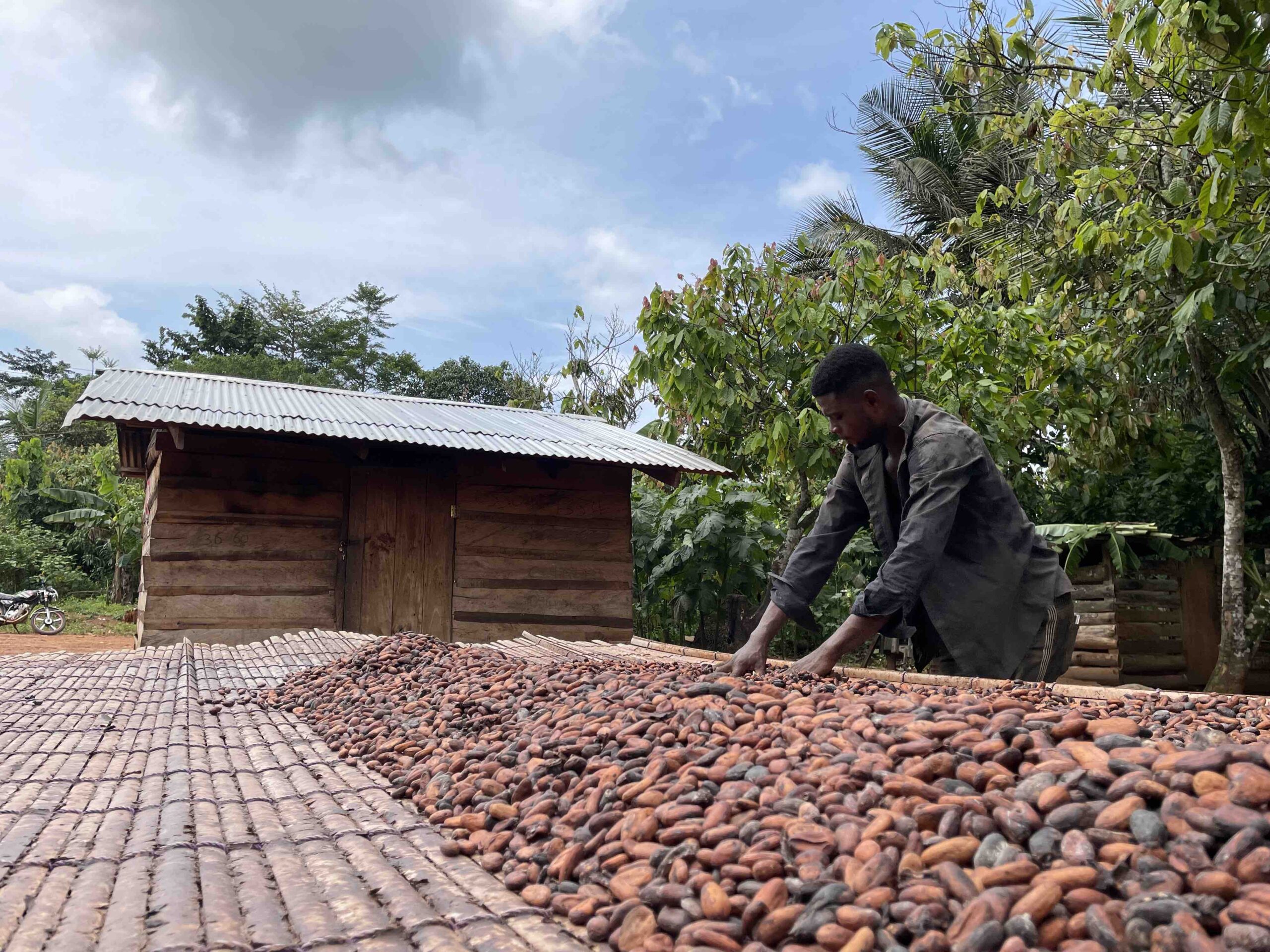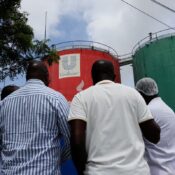
Exclusive: According to a Cocobod official, smuggling cost Ghana 160,000 tons of cocoa in the 2023–2024 growing season
Approximately one-third of Ghana’s cocoa production for the 2023/24 season has been lost to smuggling, according to a high-ranking official from the cocoa marketing board (Cocobod) interviewed by Reuters. This decline can be attributed to the combination of low local prices and payment delays, which have compelled some farmers to sell their cocoa to more advanced trafficking networks.
The inadequate yields in Ghana and Ivory Coast, the second and second largest cocoa and chocolate producers globally, have resulted in a four-year shortage in supply, leading to an increase in worldwide cocoa and chocolate prices this year.
Nevertheless, cocoa commands higher prices in Ivory Coast and Togo compared to Ghana due to the greater stability of the CFA franc currency and a less heavily controlled industry.
By the end of June, Ghana’s cocoa production had reached 429,323 metric tons, which is less than 55% of the average production at the same time in prior seasons. This indicates that the expected output for 2023/24 is on course for its largest decline in over twenty years.
During the fiscal year 2023/24, Charles Amenyaglo, the director of special services at Cocobod and the head of the board’s anti-smuggling task force, reported a more than threefold increase in smuggling losses.
“To be conservative, we experienced a loss of 160,000 tons,” he stated, noting that the task force observed an increase in intercepts from 17 tons in 2022/23 to around 250 tons.
“The statistics is concerning,” stated Abubakar Omae, the general secretary of Ghana’s national group representing cocoa and coffee producers.
While over 10 individuals have received prison sentences ranging from three months to 10 years for smuggling this year, Amenyaglo added that Ghana’s military will be deployed in the near future to combat smugglers.
Petroleum tankers, oil slurries, and tipper trucks
Smuggling rings, which provide farmers with access to increased prices, started to emerge in 2022, during a period of severe economic and financial turmoil in Ghana.
Amenyaglo stated that substantial amounts of cocoa were being routed into Togo, Burkina Faso, and potentially Mali.
“We have observed cocoa being transported in tipper trucks concealed by quarry chippings and packaged in drums indistinguishable as palm oil,” he stated. “While pontoon boats have been observed transporting cocoa, the most surprising sight was when we witnessed a fuel tanker fully laden with cocoa.” The ‘Do not tamper’ seal remained intact.
Cocobod’s inability to make timely payments for beans during the season can be attributed to issues with the syndicated loan it utilises to fund its purchases.
“This relates back to the monetary matter… “By maintaining a high level of liquidity and diligent field operations, it is possible to effectively reduce smuggling,” stated Samuel Adimado, the head of the Ghanaian cocoa buyers’ organization.
Ghana commenced the 2024/25 season ahead of schedule, implementing a novel financing structure and implementing a 45% upward adjustment in the farmgate price.
Farmers express optimism that the proposed measures will effectively deter smuggling, but they are concerned that a depreciating currency will undermine the increase in prices.
“We have made significant investments to enhance cocoa production in Ghana, not with the intention of fostering the growth of cocoa industries in Togo or Ivory Coast,” Amenyaglo stated.
All Categories
Recent Posts
Tags
+13162306000
zoneyetu@yahoo.com


